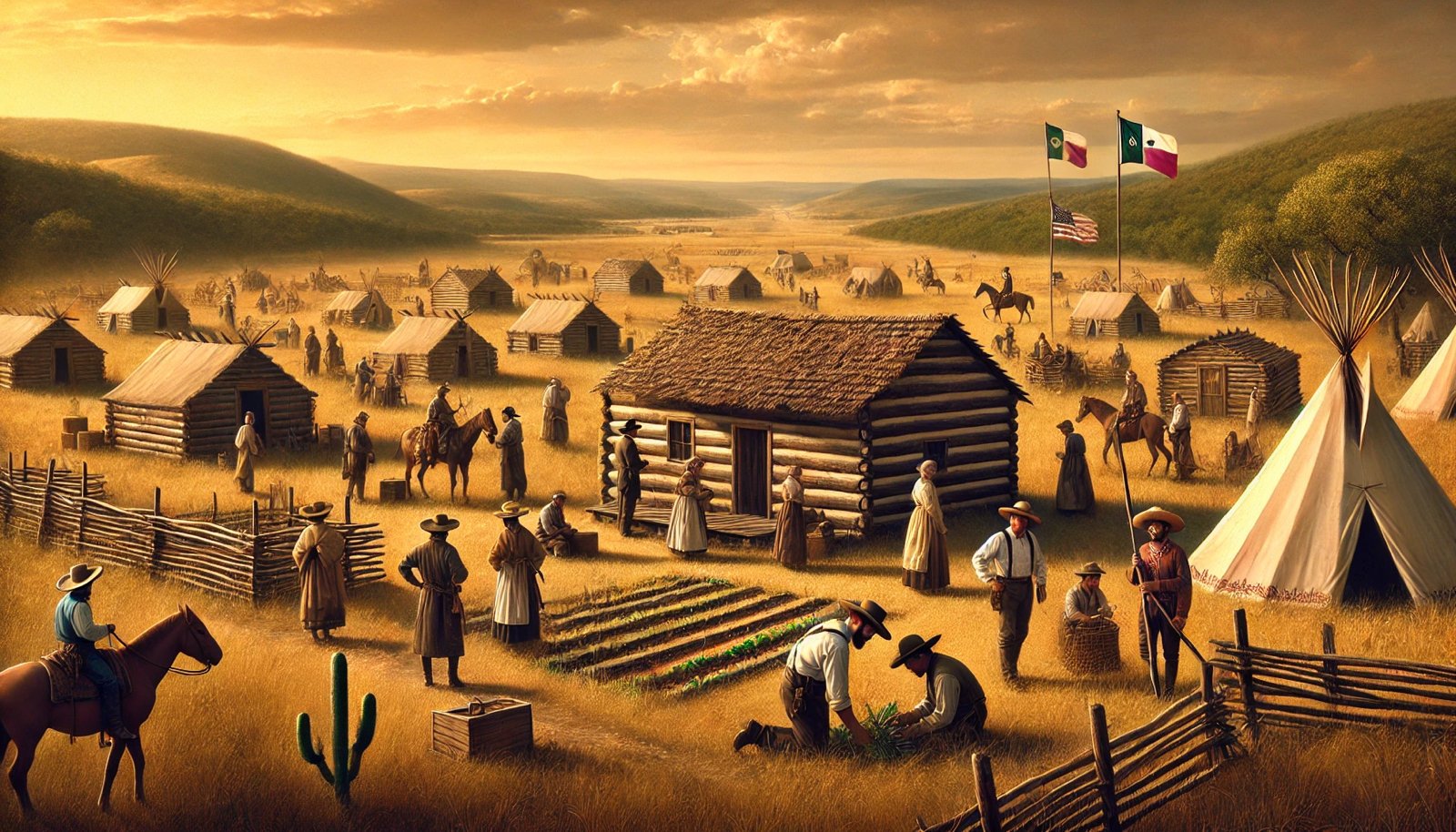Why did Mexico allow Americans to settle in Texas?
This was a very demanding moment for the northern states of Mexico during the 19th century, particularly Texas. Huge tracts of land were not fully inhabited, and the Mexican government realized settlers needed to be imported to clear the land and get its economy going. This led to a number of policies from this country and thereby found it advisable for American immigrants to come to Texas, which later developed into several implications for the Mexicans as well as the settlers. When people relocated, they often searched for adequate Austin Cleaning Services to help them cope with the change. Furthermore, transient residents would hire a service company for Move Out Cleaning Service Austin before moving out so that the next people who will occupy the property should find it clean and fresh.
Context of American Settlement
Economic Motivations: Primarily, Mexico wanted American settlers to set up in Texas to develop the area economically. The Mexican government wanted to stimulate agriculture and trade in the region. They therefore hoped to create a thriving agricultural economy with skill and resources brought in by the settlers. This movement was just a constituent part of the broader strategy to populate and secure the territory against potential threats from indigenous groups and foreign powers.
Land Grants Mexico was generous in granting land to settlers. This was typically offered to people who were willing to convert to Catholicism and become Mexican citizens. The promise of rich farming land with little or no cash down attracted many Americans, especially those from the South.
The Mexican government attempted to consolidate its authority over Texas with the settlement. They hoped increasing the population in the region with reliable and acceptable citizens might reduce the chances of invasion from overseas or a rebellion at home. It was an important time when there were many geo-political debates and fears of American expansion.
Initial cooperation in the face of heightening tensions. As American settlers continued to increase their resistance to the Mexican laws and customs, a number of them had become so used to the lifestyles more characteristic of their old life elsewhere, particularly with regard to slavery, which they knew to be illegal in Mexico. When more Americans came to Texas, those cultural practices began to create conflicts about governance and societal norms.
Cultural Conflicts: This also brought cultural differences in the society as the American emigrants came. Most other immigrants considered themselves to be citizens of America and are entitled to all the rights and privileges that accompany being a citizen of America, largely ignoring the then-applicable Mexican laws, which led to the growing resentment by Mexicans as they felt they were being stripped off their sovereignty.
Political Grievances: The American settlers gradually became dissatisfied with the Mexican government. There were issues like taxation without representation and restrictions on immigation. As these grievances mounted, calls for independence started surfacing in the settlers' minds.
Road to Independence
These tensions eventually resulted in the Texas Revolution of 1836, where American settlers declared their independence from Mexico-an uprising that would go on to prove itself pivotal for both of the nations and characterized by one great battle after another: the Battle of the Alamo.
After Texas achieved its independence, it was an independent republic before becoming part of the United States in 1845. This continued to heighten tensions between Mexico and the United States, leading to the break of the Mexican-American War.
Conclusion
Mexico's motive to permit the Americans to settle in Texas was motivated by economic, political strategy, and demographics. Though it emerged from initial expectations of development and territorial appropriation, it eventually led to significant conflict and change in North America.
Let's reflect on this historical context and recognize not only the dynamics but how they resonate today. For example, just as early Texans looked for new opportunities in light of change, modern residents frequently find themselves navigating transitions-to new homes or even entire relocation.
These services such as Austin Cleaning Services can now easily facilitate these transitions with clean and welcoming homes for new inhabitants in Austin. It can also help to ease stress during the process of leaving a residence by offering a Move Out Cleaning Service Austin for ensuring that a property is left spotlessly clean for future tenants.
After all, history made us appreciate what we had in the present day. Whether you are moving into a new place or are getting ready to leave, think of how some professional service, such as Austin Cleaning Services, can facilitate your move and consider all how far we have come since these early days in Texas history.
